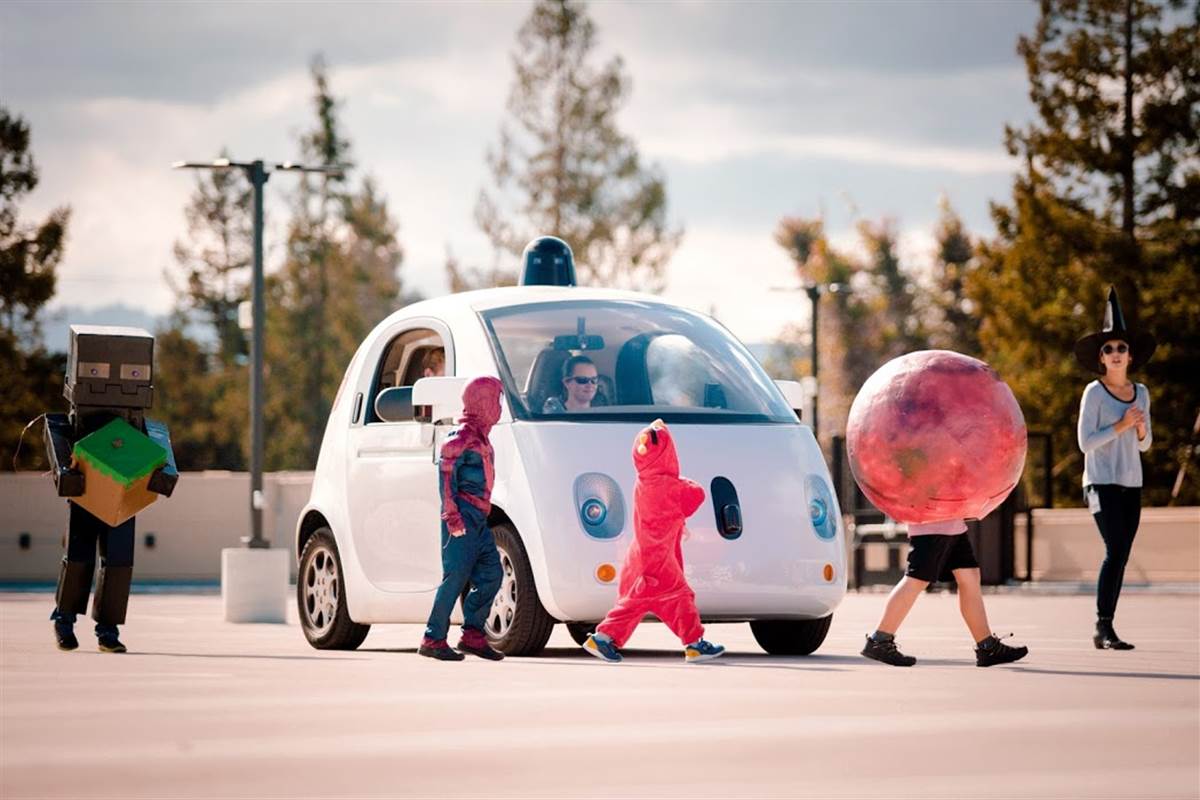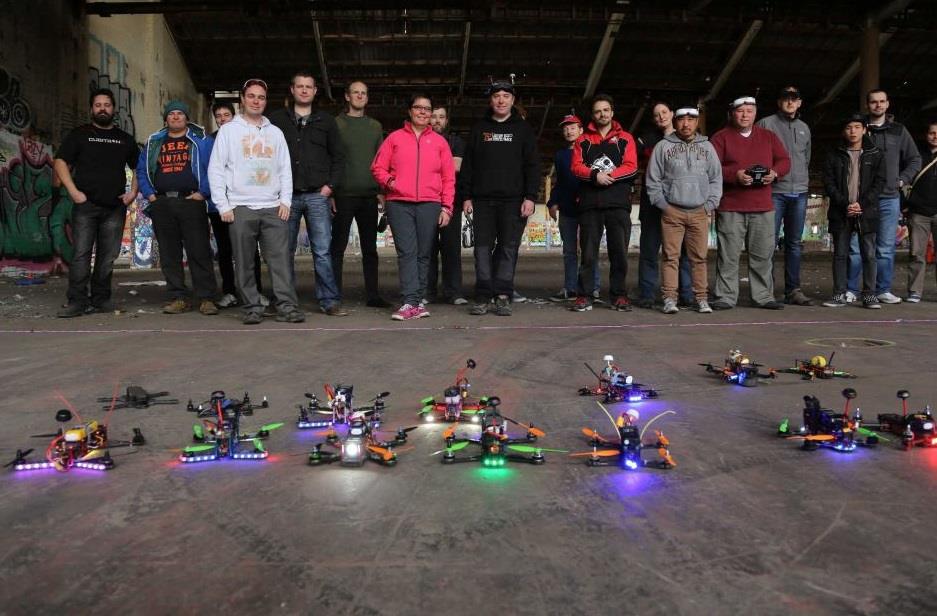Jan 28, 2016
AMD’s Director Of VR Believes Console VR Is Positive For PC Front
Posted by Karen Hurst in categories: augmented reality, virtual reality
I agree with AMD; Microsoft has released its VR for developers. A Console VR should prove to be very interesting over the next year.
AMD’s director of VR, Daryl Sartain, believes that virtual reality for consoles, is positive for the PC Front and to get VR into the market.
Continue reading “AMD’s Director Of VR Believes Console VR Is Positive For PC Front” »


















